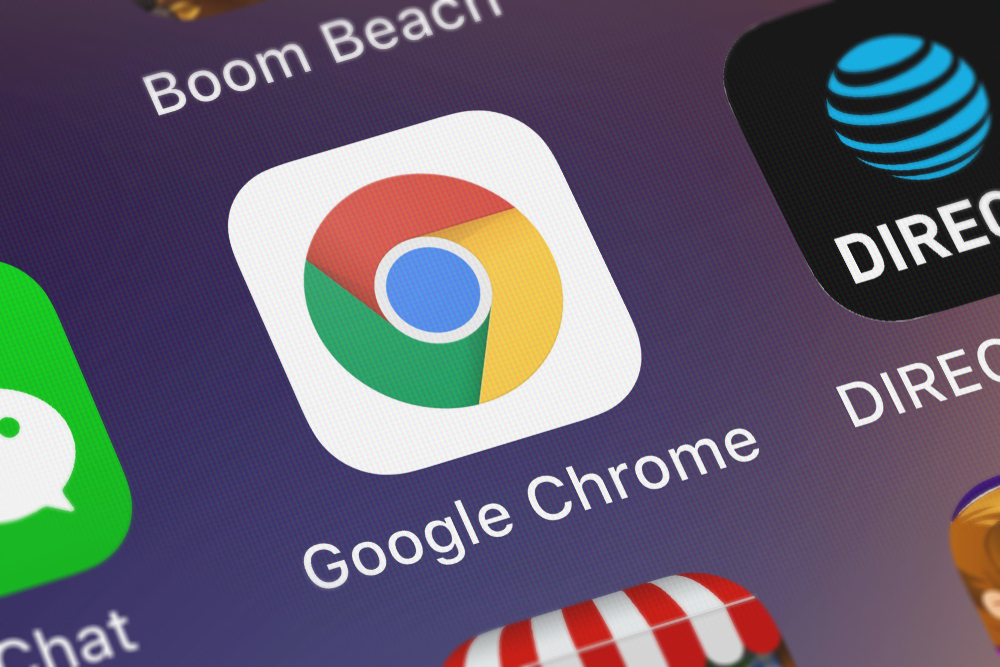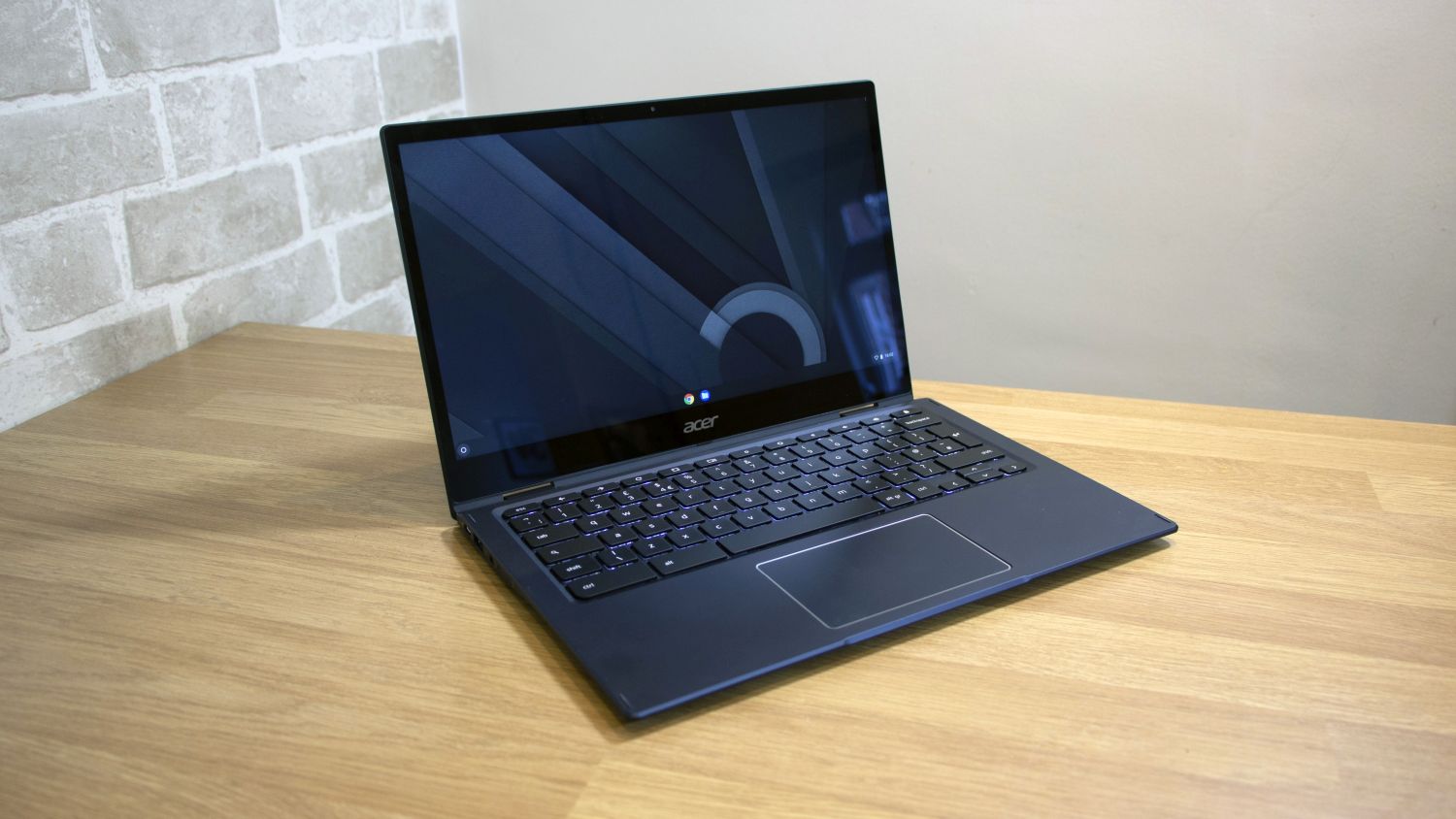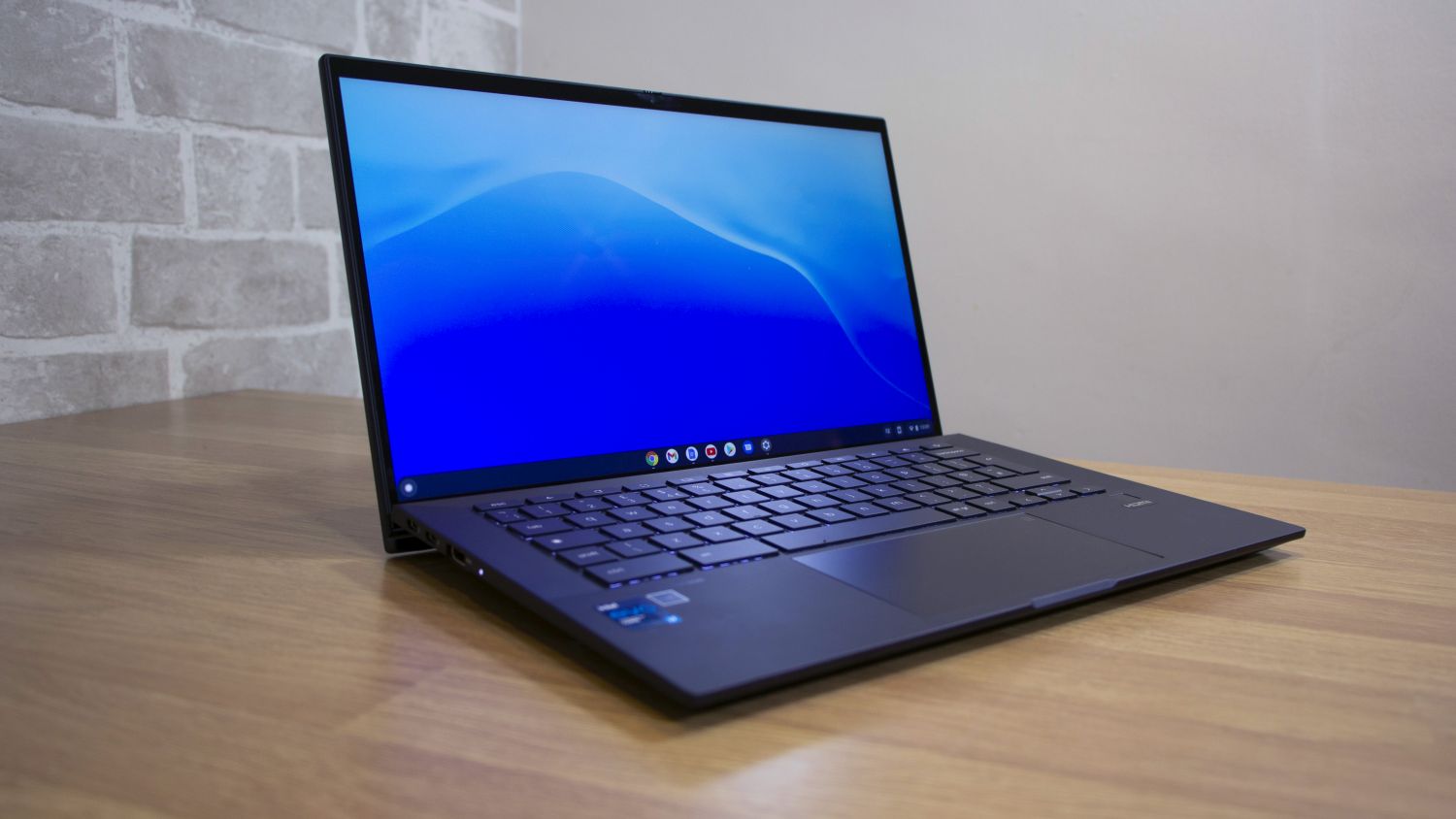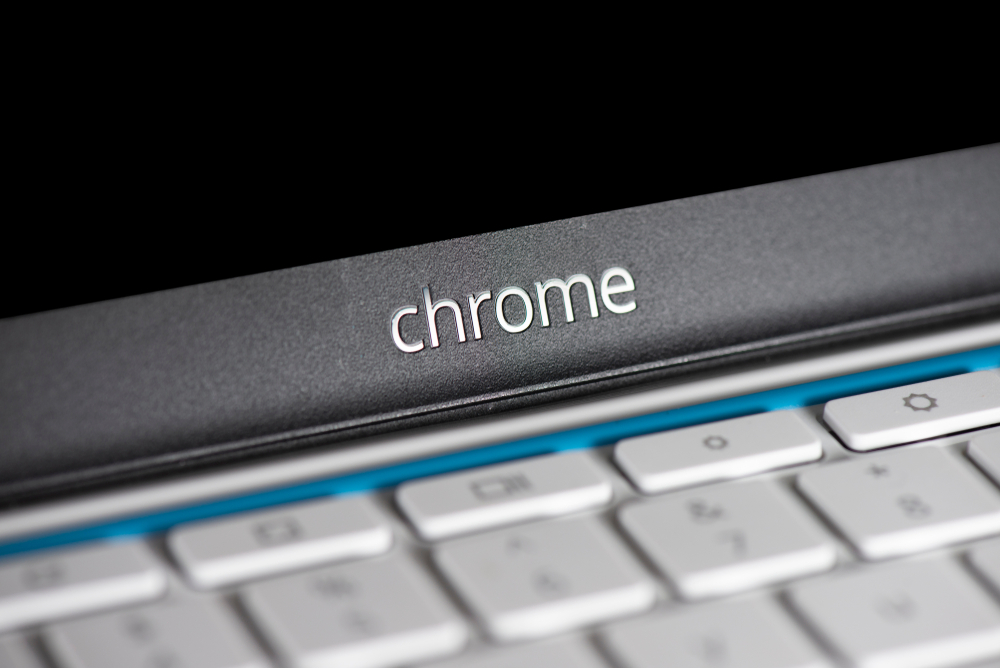Google says Chrome is now faster than Safari on Apple Silicon
According to Apple's own benchmarks, Chrome 99 scored the highest out of any browser ever tested


Google said on Monday that its Chrome browser now beats the performance of Safari on Apple hardware, according to Apple’s own benchmarking tests.
The current version of Chrome, Chrome 99, is also now reportedly the fastest browser ever recorded on Apple’s Speedometer benchmark too, with a score of 300.
This means Google’s latest browser, long known for being resource-intensive and prone to crashing, is not only faster than Safari but also now the fastest browser on Apple hardware.
Apple’s dedicated Safari webpage claims its browser is “the world’s fastest” but added in the fine print that testing was carried out between August and September last year. Regardless, Google will be pleased with its feat given Safari was considered the much faster choice for Apple users since the launch of the M1 processors.
Google credited the landmark performance score to a number of improvements, chief among which was the enablement of ThinLTO in Chrome 99 - a build optimisation technique that “inlines speed-critical parts of the code base, even when they span multiple files or libraries,” said Max Christoff, senior director at Chrome Engineering.
Enabling ThinLTO led the engineers to achieve a 7% performance boost over current Safari builds but coupled with graphics optimisations, Chrome’s performance received an additional 15% increase.
Other areas in which Chrome made improvements were the implementation of the V8 Sparkplug compiler and short builtin calls.
Sign up today and you will receive a free copy of our Future Focus 2025 report - the leading guidance on AI, cybersecurity and other IT challenges as per 700+ senior executives
RELATED RESOURCE

Cloud operational excellence
Everything you need to know about optimising your cloud operations
“Sparkplug is a new mid-tier JavaScript compiler for V8 that generates efficient code with low compilation overhead,” said Christoff. “Short builtin calls are used by the V8 JavaScript engine to optimize the placement of generated code inside the device’s memory.”
These two contributed to a “substantial difference” specifically to Apple’s M1-based Macs and helped boost performance further by avoiding indirect jumps between function calls.
Overall, the latest Chrome build is running 43% faster than it did 17 months ago when Apple first released its devices with its own M1 chips.
Performance increases can also be found on Android, Google said, with page loading times down 15% thanks to prioritising critical navigation moments on the browser user interface thread.
The improvements build on previous work to reduce startup times using what Google calls “freeze-dried tabs” - using a lightweight version of a tab on load - and improving speed and memory usage using isolated splits which preloads the majority of the browser process codes on a background thread.

Connor Jones has been at the forefront of global cyber security news coverage for the past few years, breaking developments on major stories such as LockBit’s ransomware attack on Royal Mail International, and many others. He has also made sporadic appearances on the ITPro Podcast discussing topics from home desk setups all the way to hacking systems using prosthetic limbs. He has a master’s degree in Magazine Journalism from the University of Sheffield, and has previously written for the likes of Red Bull Esports and UNILAD tech during his career that started in 2015.
-
 What is Microsoft Maia?
What is Microsoft Maia?Explainer Microsoft's in-house chip is planned to a core aspect of Microsoft Copilot and future Azure AI offerings
-
 If Satya Nadella wants us to take AI seriously, let’s forget about mass adoption and start with a return on investment for those already using it
If Satya Nadella wants us to take AI seriously, let’s forget about mass adoption and start with a return on investment for those already using itOpinion If Satya Nadella wants us to take AI seriously, let's start with ROI for businesses
-
 Spanish spyware outfit uncovered, develops exploits for Windows, Chrome, and Firefox
Spanish spyware outfit uncovered, develops exploits for Windows, Chrome, and FirefoxNews Google was only able to discover the company after an anonymous submission was made to its Chrome bug reporting programme
-
 Google adds new security vendor plugins for Chrome, improved Chrome OS policy controls for IT admins
Google adds new security vendor plugins for Chrome, improved Chrome OS policy controls for IT adminsNews New integrations across various security pillars aim to improve Chrome OS and Chrome browser security for enterprise customers
-
 Google patches second Chrome browser zero-day of 2022
Google patches second Chrome browser zero-day of 2022News Google acted quickly to secure against the type confusion vulnerability that was under active exploitation
-

 Acer Chromebook Spin 513 review: Cheap and mostly cheerful
Acer Chromebook Spin 513 review: Cheap and mostly cheerfulReviews An affordable Chromebook convertible with good looks but mediocre performance
-
 Google Chrome update fixes zero-day under active exploitation
Google Chrome update fixes zero-day under active exploitationNews Google releases a fresh wave of patches for severe vulnerabilities that could facilitate code execution and system takeover via Google Chrome
-
 Raspberry Pi OS finally gets a 64-bit release
Raspberry Pi OS finally gets a 64-bit releaseNews After nearly two years in development and beta testing, the 64-bit version unlocks the Raspberry Pi's full 8GB memory
-

 Asus Chromebook CX9 (CX9400CE) review: The most stylish Chromebook on the market
Asus Chromebook CX9 (CX9400CE) review: The most stylish Chromebook on the marketReviews A sleek, expensive Chromebook that tries to bring professional style to Google’s OS
-
 Chromebook shipments plunge due to 'shift in demand'
Chromebook shipments plunge due to 'shift in demand'News Sales of Chrome OS devices fell 29.8% in the third quarter of 2021 to 6.5 million units, according to IDC